It is much easier to accuse the fandom of shallow racism than actually trying to understand their criticisms.
Since The Rings of Power was announced, there has been much speculation as to how the series would handle portraying Middle Earth’s past since Amazon only has the rights to a very narrow portion of the timeline.
In one sense, this has given the filmmakers a large amount of “creative freedom” to explore a relatively unknown era in the franchise. However, the creativity espoused by the filmmakers has been rubbing some Lord of the Rings fans the wrong way.

One of the major updates was casting non-white actors in prominent roles across Middle Earth, with not just Humans but also Elves and Dwarves adding a splash of color to the cast. This is a creative decision that may be well-intentioned but has come across to some as misguided.
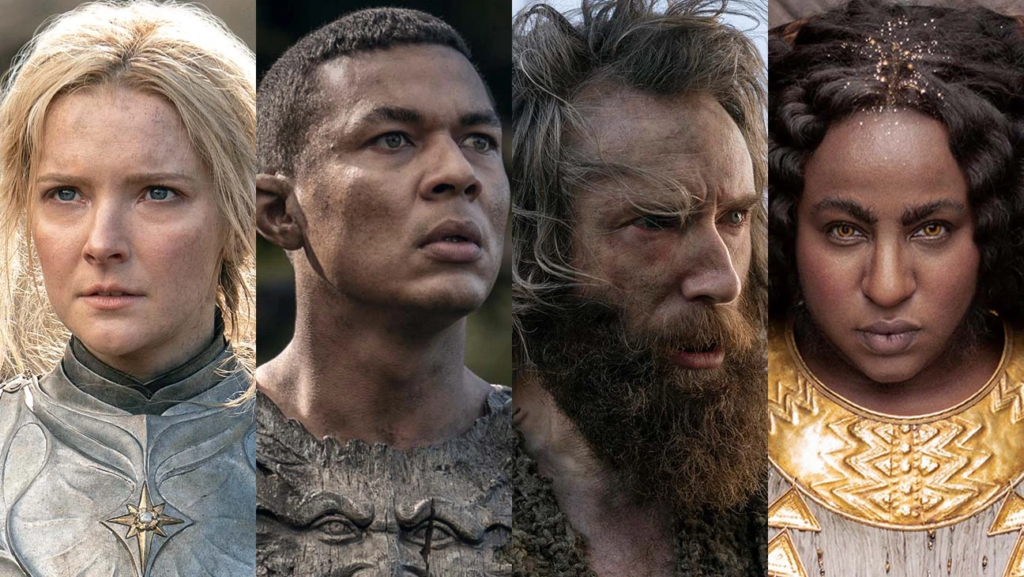
On some level, I can understand the desire to expand the appeal of the Lord of the Rings to a broader audience since it is a noticeable fact that, by today’s standards, some may see LOTR as a homogenous white man’s movie.
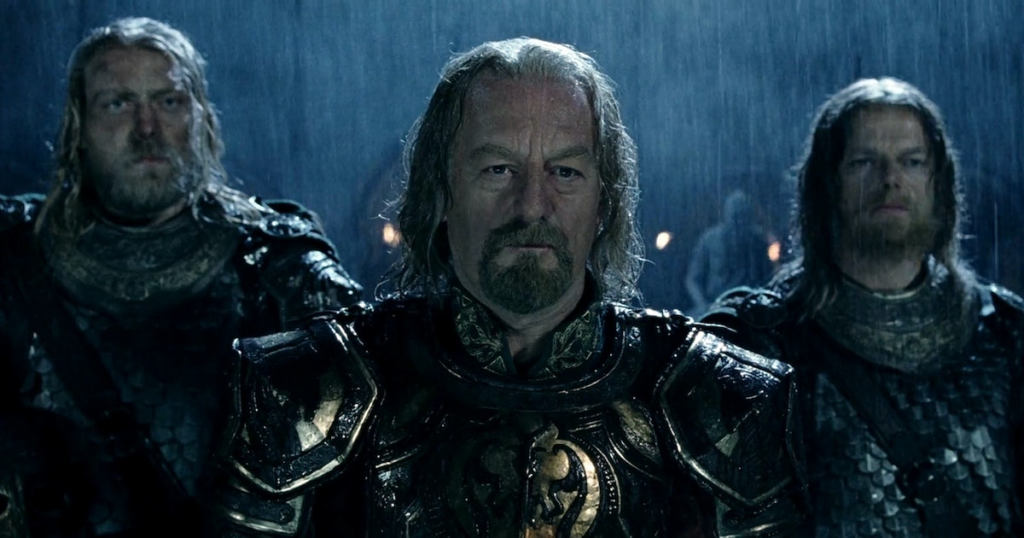
Going Back to the Source
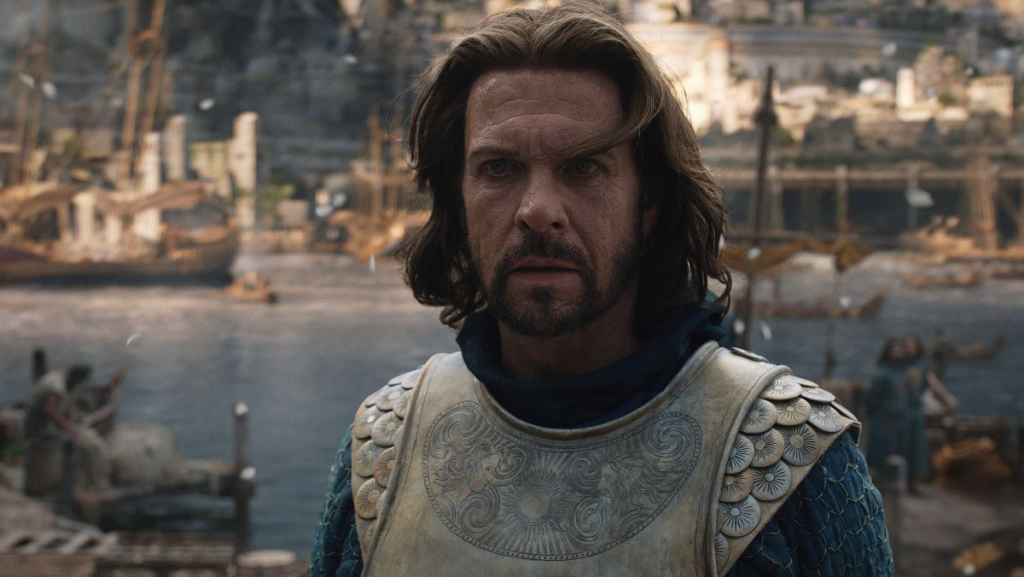
The original book leans into a Western aesthetic based on a European medieval world. Having a majority of white characters is pretty much expected in these high-concept fantasies. Tolkien invented Middle Earth as a reflection of English, Germanic, and Nordic cultures. In this context, it makes sense why director Peter Jackson would originally cast the member races and nations of Middle Earth as entirely white, intentionally or not.
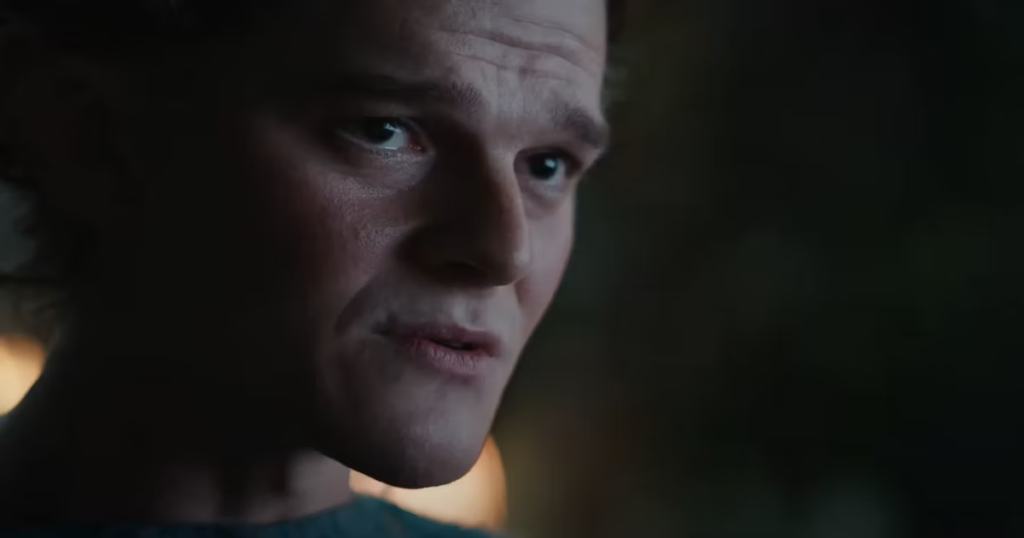
Nowadays, there has been an increased push to diversify the filming industry. To provide room for non-white or, in some cases, homosexual characters in all genres. While the good intentions are very much present, it appears to be their approach that has rubbed traditional fans the wrong way.

When asked about the reason for this casting, producer Lindsey Weber, had this to say:
“It only seems natural to us that an adaptation of Tolkien’s work would reflect what the world actually looks like.”
– Lindsey Weber, Producer
Needless to say, many fans of LOTR would disagree with such a statement as Tolkien’s world was never meant to be a reflection of the real world. The very purpose of fantasy was to escape the real world – to travel to a completely different place that does not resemble our reality.
That seems to be the issue at hand in Rings of Power, putting the representation of symbolism above the lore. Specifically, people seem to take the complaint about the sudden inclusion of black elves and dwarves despite never being given any existence prior in the films.
The real problem is that Amazon, especially producers J. D. Payne and Patrick McKay, are exploiting a universally loved brand just to push a progressive agenda – or at least that’s the “anti-woke” narrative goal that members of the far right have often pushed.
Themes vs Substance

The themes presented in Tolkien’s work are not modern – they are timeless. When you try to project modern commentary on a popular IP, this is a massive challenge. Yes, you can add elements relevant today but it has to work within Tolkien’s writings that make sense.
It is important to remember that Tolkien’s works always had a robust pro-diversity theme to his world. On top of the four Hobbits and a Wizard (racially classified as a “Maia”), the “Fellowship of the Ring” comprises two men, an elf, and a dwarf. All these races have had tension with one another for as long as history can remember. The Theme is how different groups of people, even those who have been adversaries can come together and triumph over a greater foe.

Nowadays, the fellowship cast doesn’t get the same praise by the racial quotas in Hollywood because these roles are all played by white men. Furthermore, modern Hollywood seems to be attempting to escape the traditionally masculine Aragorn archetypes. Instead, the current American movie industry likes to take a stab at deconstructing those old-fashioned tropes but winds up creating new cliches in their place.
TLOTR already has a clear message that diversity is a strength being played into the story.The key, however, is that this diversity needs to be aligned in the universe to appropriately set the audience’s expectations.
So Who’s to Blame for all the Backlash? Bad Marketing.

The creators certainly had good intentions. However, this (predominantly white first-time writers team) is doing everything wrong when it comes to promoting this near billion-dollar saga. The trailers were not giving any meaningful context. Things were made worse with their “super fans” focus group, whose only mission was to promote diversity and not the product itself.
However, the biggest issue people seem to take is that these changes contradict the lore for no reason. If there have been different colored dwarves and elves before, why haven’t they been in the subsequent films? Tolkien explicitly described Elves as having fair skin, slim bodies, and long hair.
In contrast, the main elf Character Arondir exhibits non of those traits. What makes it distracting is that there’s no legitimate explanation for why Arondir differs from the other elves. If there was simply a quick explanation that he came from a more arid region of Valanor, places where dark skin and short hair would make more sense. A simple in-universe explanation would have gone a long way to correct these errors by the filmmakers.
Furthermore, any new characters are made up or drastically changed to fit into the creator’s new narrative. In some aspects, it is not the same as completely changing popular characters like Aragorn or even Frodo (that would have been more insane). Tolkien’s Idea of diversity was based on races with different physical and magical traits. It was not based on a person’s skin color or class, like how we see diversity today.
While I agree that Tolkien has fellowship is made up of a “diverse” group of hobbits, dwarves, elves, and men, it’s meant to reflect the world they live in – not ours. They encounter other elves and human kingdoms while exploring the different cultures middle earth provides. Not simply neighboring nations but cities with radically different architecture, traditions, and traits that feel alien to our characters.
My problem with this ROP cast line is they don’t fit in the universe if this is a direct prequel to Peter Jackson’s movies. This immediately raises so many questions that are not given any answers.
How This All Could Have Been avoided

The sad irony is that There are several avenues that such casting choices could have worked. Tolkien did write of darker-skinned people in places like the Harad and Rhun peoples with different skin colors were actually shown in the movies with the Haradirm encompassing a middle-east complexion that matches their dessert-like region.

Geography is essential regarding people’s skin color, and the filmmakers seem to ignore it completely.

This could have worked if there had been a simple way to excuse this blunder, such as having Wood Elves have a darker complexion than the High Elves or that Dwarves that live underground are paler than those above. There has to be some in-universe reason that makes sense for the audience.
But here is the biggest problem, If this were a separate fantasy genre that’s lesser known, there might not be so much controversy. But the fact it shares the Lord of the Rings title comes across as appropriating the brand to create its own story.
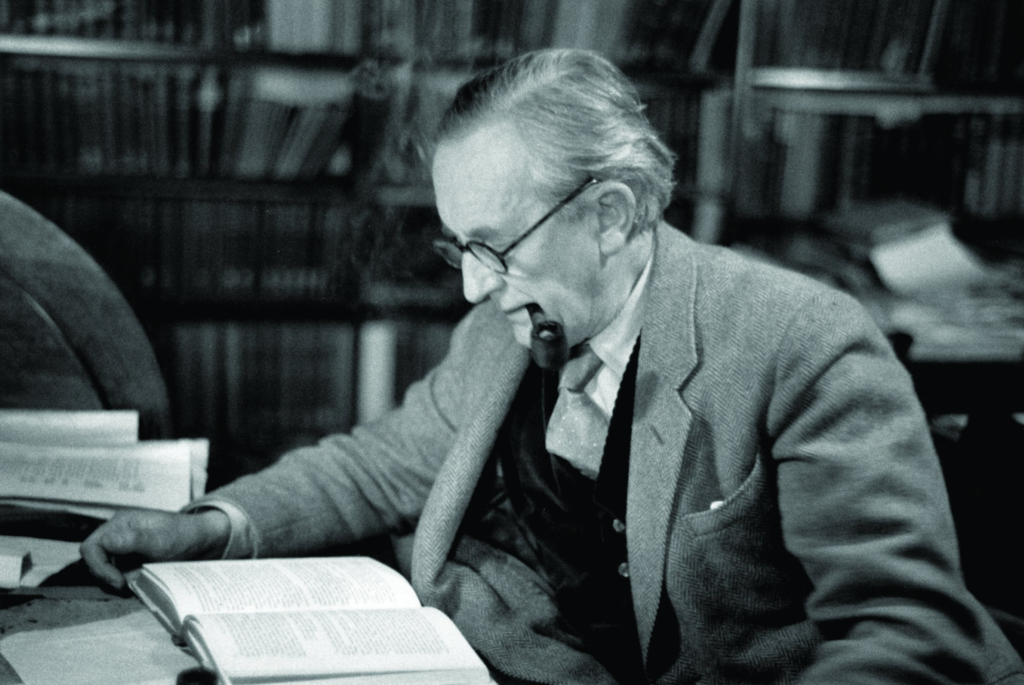
Much like Star Wars, Lord of the Rings has a long devoted fanbase that regards Tolkien’s work with high value. Now the overall treatment for canon in ROP is something for another article. But it is important that in any fandom, that canon should be respected. However, at least according to Amazon, it is much easier to accuse the fandom of racism than to actually try to understand their criticisms.
Conclusion

It is true that the terms “woke” and “politically correct” have been vomited up to the point where it has lost all meaning. (Woke is a short term for being either gender or racially-sensitive or compensating for racial grievances). Inclusion makes sense if a project is based on a more modern setting or science fiction. The line does seem to get drawn when it gets to a certain section of a fandom, especially when your work seems hollow. You don’t have to use popular IP to push some modern message about diversity and inclusion.
“If you are going to have representation in your work you need to have writing quality that compliments, it otherwise it just comes off as you seeking attention. Rather than tell a story you only want to get brownie points and pander to what is considered the current political climate which is not only pompous but a great disservice to what you are trying to accomplish”.
– Zaid Magenta [YouTube]

One of the arguments that many (including me) have around this is If you can have dragons and magic, you can bend a few races from time to time. However, if you have worlds with complex civilizations with long histories shared by different people, there must be some form of racial dynamic.
Jackson knew, as Tolkien did, that remaining consistent within the universe is critical to building a large audience. When it’s needlessly thrown aside for token casting and injection of modern politics, it breaks the immersion and alienates your audience.
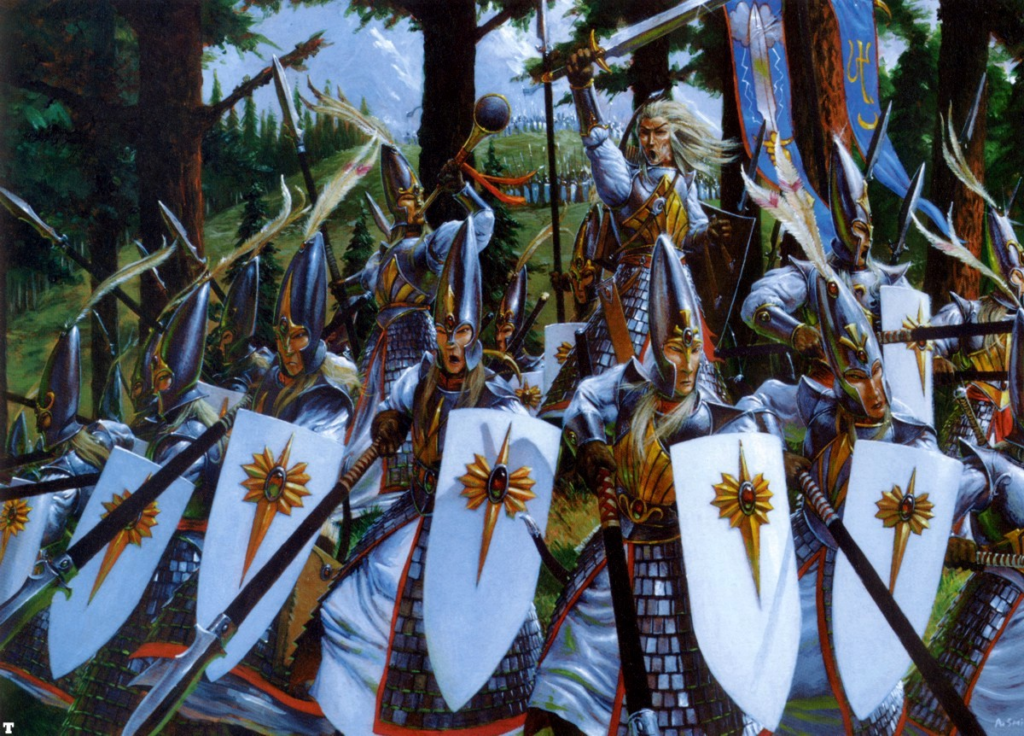
Many recent filmmakers seem to construe that people “can only identify with a character that’s their gender or skin color”. This is like saying white people don’t like Black Panther because there’s no white characters.
Most people come to films like lord of the rings to be entertained by their stories, characters, and worldbuilding. Millions of people of all races enjoy the Lord of the Rings because those factors were so enduring. Changing long, complex lore in the guise of being progressive is an insult to progressivism.
It is sadly such pandering politics such as this that ROP has become one of the most expensive flops of all time. A cautionary tale of what happens when checkmarks are more important than entertainment.


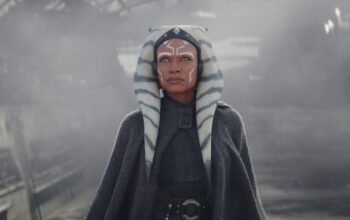
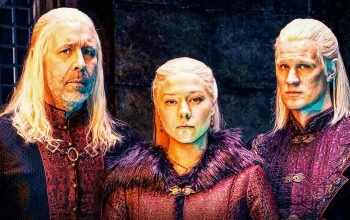
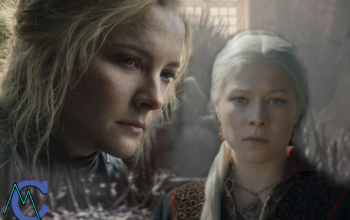
May I request that you elaborate on that? Your posts have been extremely helpful to me. Thank you!